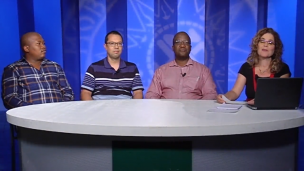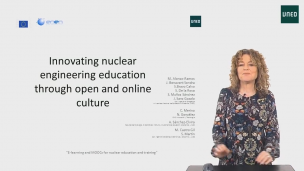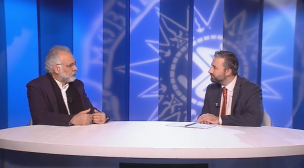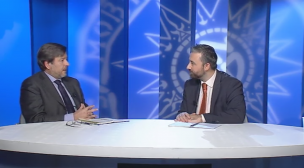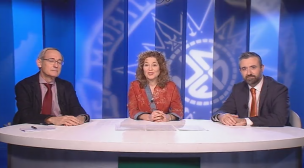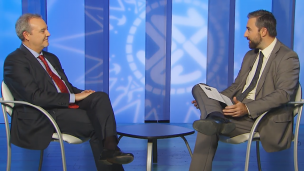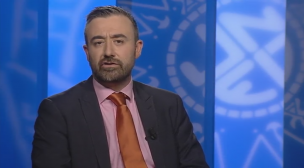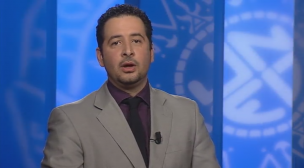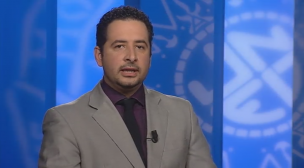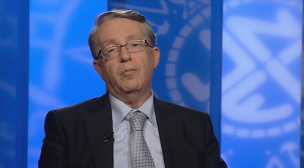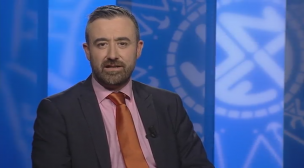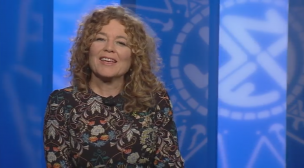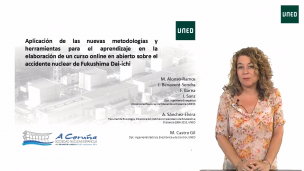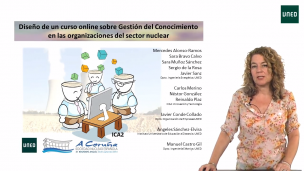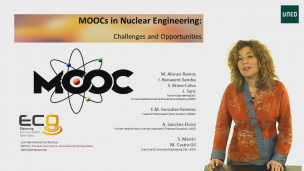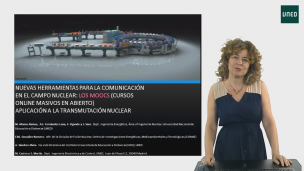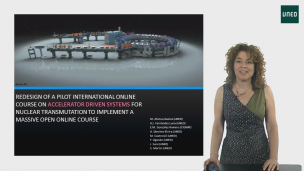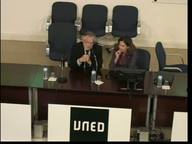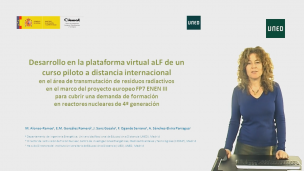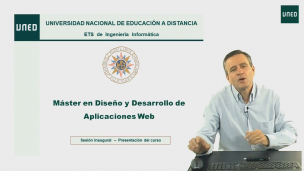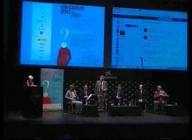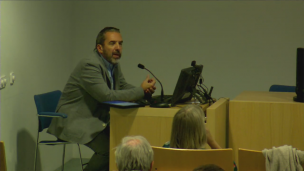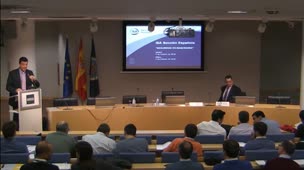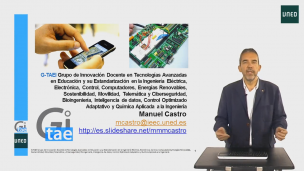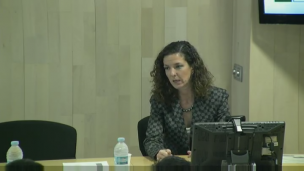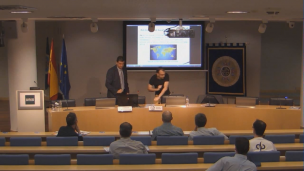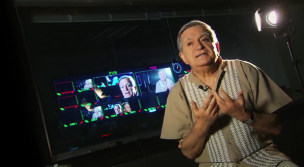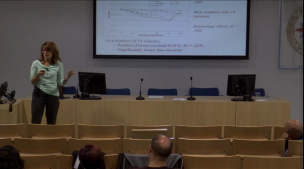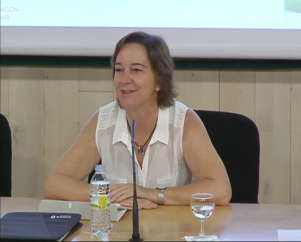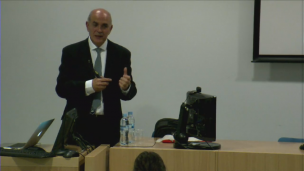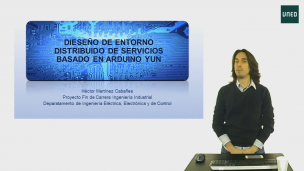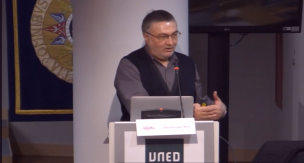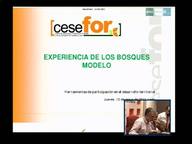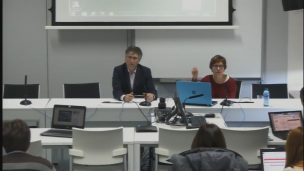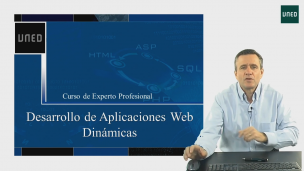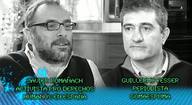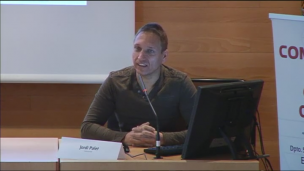MOOCs in Nuclear Engineering – Challenges and Opportunities
The particular situation of the nuclear sector raises important ETI (Education, Training and Information) needs, where new educational tools and methodologies, and MOOCs in a special way, may play an important role. Nuclear engineers and other specialized personnel working in the sector are ageing, and also new competences are needed for the new conceptual designs of the future nuclear power plants. Furthermore, there is a growing interest to disseminate open online educational contents to society on these subjects. The objective is to shorten the knowledge gap between specialists and the general public. This trend is also in line with European Union objectives, specially regarding the efficient use of resources and the growth of the impact assessment of ETI activities. Following the results of an extensive search on open educational resources developed by our team, this situation contrasts with the very scarce offer of open courses on nuclear engineering.
In this context, we implemented within FP7 ENEN-III Project in 2013 a full distance pilot course. The course addressed “Accelerator Driven Systems for Nuclear Waste Transmutation”, a hot research topic with a very demanded benefit for society: the decrease of the volume and radiotoxicity of the high level radioactive waste generated in the nuclear power plants. The success of this experience moved us to go forward and design a MOOC, based on this material and all the lessons learned. A multidisciplinary team was gathered to further continue MOOCs development in nuclear engineering.
MOOCs offer new and interesting opportunities in the nuclear sector. Topics like collaborative work, peer-to-peer evaluation and transnational education gain a main role in this type of courses. Also, Learning Analytics applied to massive courses like MOOCs may allow the acquisition of very extensive and reliable data on the learning process, and new business opportunities emerge as MOOCs are developed, i.e. for finding qualified personnel to staff the new positions in the nuclear arena.
Nevertheless new challenges arise when we talk about MOOCs in this context. One is having enough number of participants to enhance collaborative work and to gather statistically significant information. Subjects like course dissemination play a decisive role.
At present we participate in a proposal of a European project within H2020 led by ENEN (European Nuclear Education Network), in which our team shall implement two MOOCs in collaboration with TECNATOM, the first Spanish training provider in the nuclear sector.
-
Mercedes Alonso Ramos profesora del Departamento de Ingeniería Energética, UNEDJosé Antonio Tarazaga Blanco realizador UNED Media, UNED
Archivos adjuntos


